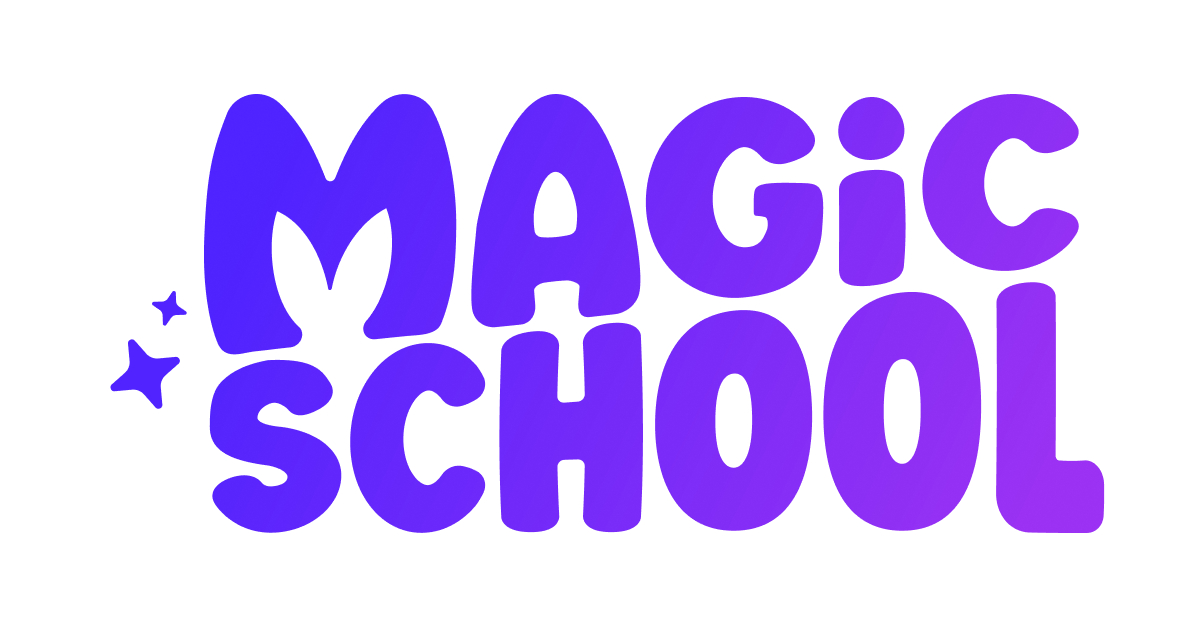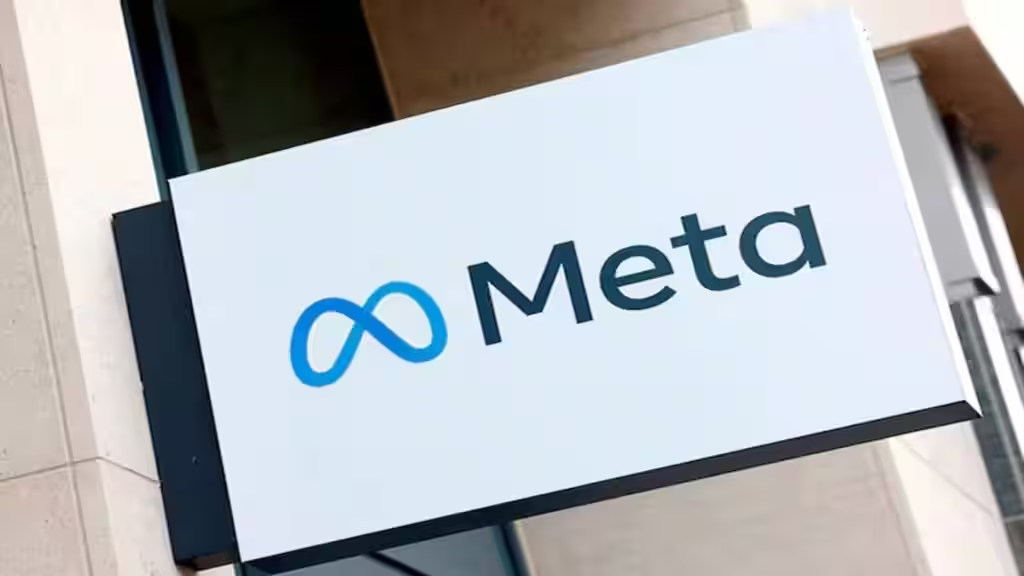The tech giant Google, recently released a new startup program with major focus on bringing AI to public infrastructure
Google’s most recent startup initiative, initiated on Wednesday, aims to introduce artificial intelligence technology to the public sector.
The “Google for Startups AI Academy: American Infrastructure” was recently launched and will offer participants the chance to receive hands-on training from AI experts, as well as other forms of assistance for businesses that are attempting to address issues in a variety of sectors.
These sector include agriculture, energy, education, public safety, healthcare, telecommunications, transportation, urban development, and more.
In addition to participating in advanced sales and go-to-market seminars, companies that are part of the equity-free program will be guided by an artificial intelligence curriculum developed by Google’s People + AI Research (PAIR) team.

This curriculum will be implemented over twelve weeks. Additionally, they can leverage Google’s artificial intelligence tools and establish industry connections as they develop.
The startups will join the alum community upon graduating from the program.
This community already includes other infrastructure-focused companies, such as JustAir, which utilizes artificial intelligence to monitor air pollution; Cambio, which concentrates on decarbonizing commercial real estate; and Sensagrate, which is dedicated to reducing the number of fatalities in traffic accidents.



Google has announced that it will select firms utilizing artificial intelligence to increase productivity and find solutions to problems in various other industries in addition to the industries above.
The sectors Google has decided to look at encompass disaster prevention, environmental and sustainability, efficient manufacturing and logistics, public safety, water management, workforce development, and economic opportunity.
Applications must be submitted by June 17.
Google thinks that a concentration on the practical implementations of the technology could significantly impact communities at the local, state, and national levels.
This is even though a significant amount of attention is being devoted to the artificial intelligence businesses developing the models, tools, and interfaces for interacting with AI.
New companies are being encouraged by Google to submit applications by the organization, regardless of whether they are explicitly focused on the areas above or are working in any capacity to develop public services that are more efficient and distributed more equitably.



